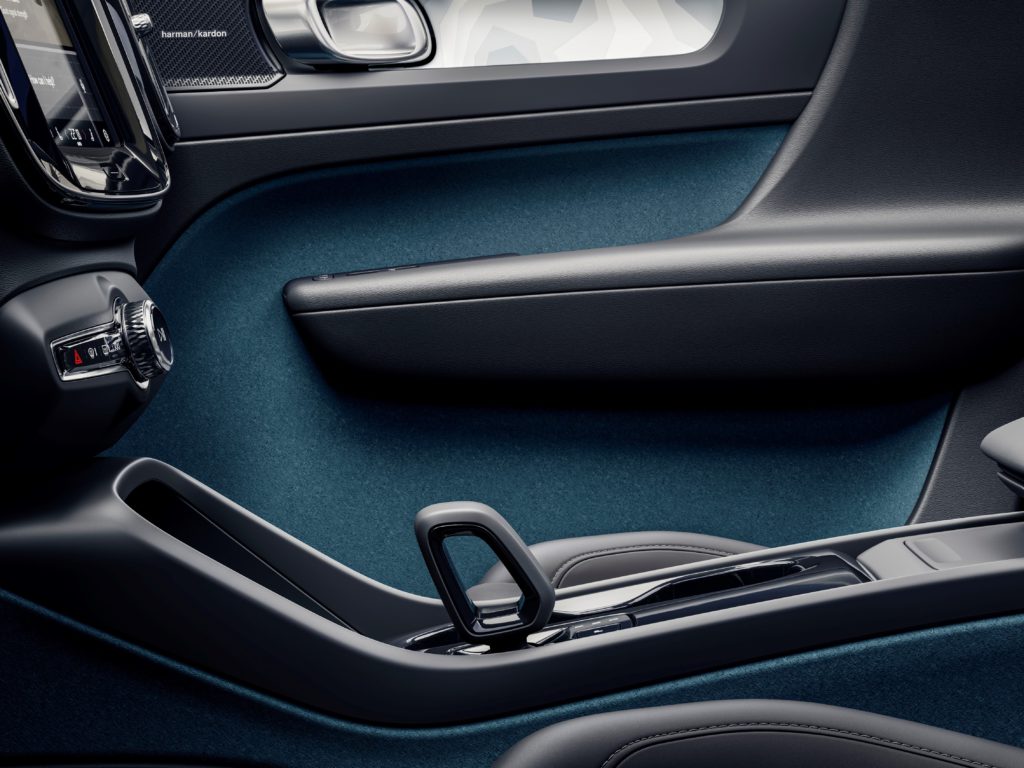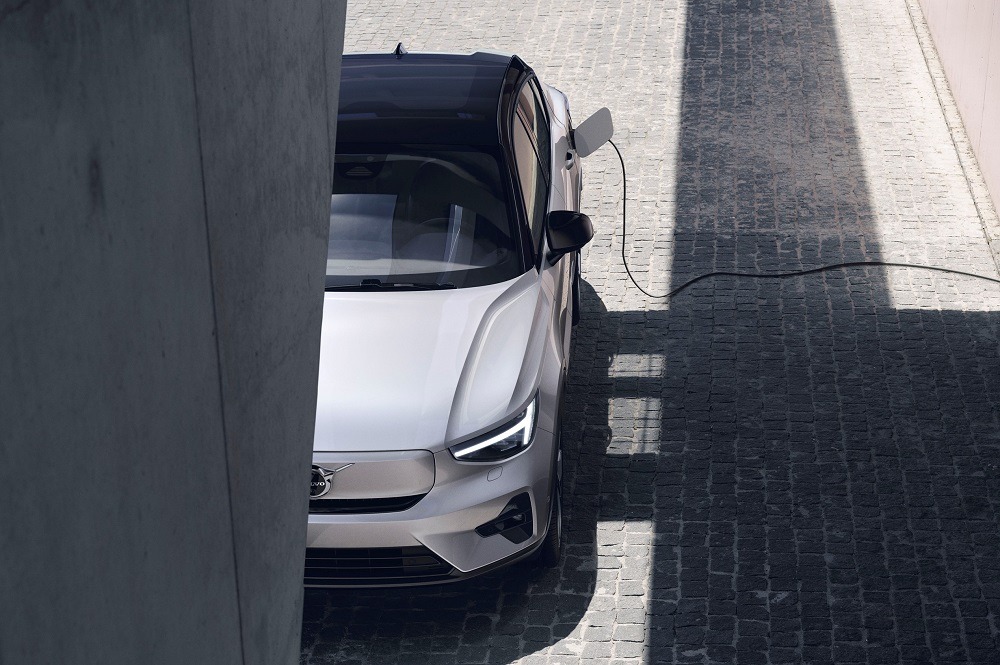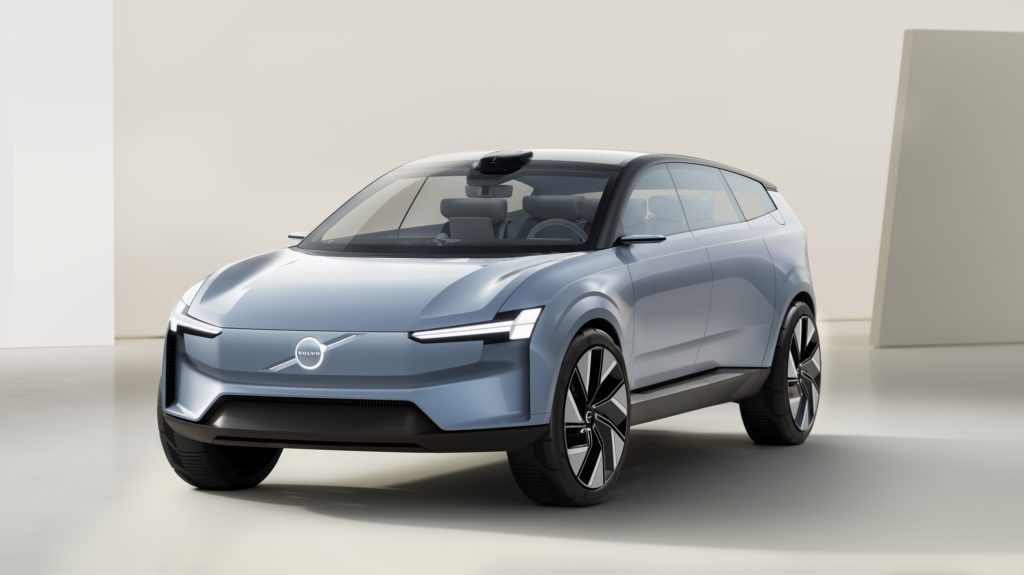Manufacturers moving to produce vegan cars
24 September 2021

A few years ago, it might have sounded outlandish for carmakers to embrace veganism and produce vegan-friendly cars, but as part of their sustainable strategies, more manufactures are making eco-friendlier choices. Leather-free interiors and sustainable materials will soon become the new norm as Volvo showcased this week. The Swedish brand made a big promise, saying its electric vehicle range will go vegan-friendly by 2030. But what exactly do vegan-friendly vehicles entail?
Sustainable materials
Volvo’s move to produce only leather-free battery-electric vehicles (BEVs) in the future has made international headlines as the carmaker took an ‘ethical stand’ on animal welfare. The first vehicle to be equipped with a leather-free interior is the C40 Recharge, and Volvo is actively sourcing sustainable materials to make this happen.
‘We need to address all areas of sustainability, not just CO2 emissions,’ said Stuart Templar, director of global sustainability at Volvo Cars. ‘Responsible sourcing is an important part of that work. Finding products and materials that support animal welfare will be challenging, but that is no reason to avoid this important issue.’
25% of new Volvo cars will use recycled and bio-based content by 2025. The new interior vegan-friendly material will soon consist of recycled corks and PET bottles. The carmaker also offers wool-blend options from certified suppliers to ensure full traceability and animal welfare in its supply chain.
Vegan cars?
‘Vegan cars’ are not a new phenomenon. For years, animal rights organisations such as People for the Ethical Treatment of Animals (PETA) pressured carmakers to develop vegan car interiors. Tesla was one of those companies that listened – the Model 3, for instance, is free of leather, including the steering wheel. Other vegan-friendly cars include the Renault Twizy, Nissan Leaf, and BMW i3 BEVs.
Resource-efficient leather alternatives are certainly gaining momentum in the automotive industry. BMW, named sector leader in the Dow Jones Sustainability Indices 2020, this month vowed to reduce its carbon footprint ‘significantly’ by 2030 as it focuses on using sustainable materials. This includes synthetic leather with biobased raw materials, 100% recycled polyester textiles and cork particles.
The Munich-based carmaker has also partnered with Mexican startup and textile company Desserto, which creates ‘vegan cactus leather’ made from pulverised cactus fibres. BMW’s recent investment in another startup, Natural Fiber Welding, also shows the company’s fervour to use vegan-friendly plant-based materials.
New standards
‘We are setting new standards for sustainable premium quality by rethinking materials and focusing on resource-efficient alternatives and renewable materials with strong dismantling capability,’ said Stefan Floeck, BMW’s head of development body, exterior and interior. ‘We are following a consistent path towards holistically sustainable product development, responsible use of resources and transformation into a circular economy.’
A circular approach – this is something Volvo is also striving to achieve. The Swedish company said it wants to be a fully circular business by 2040. Sustainable vegan car interiors will become industry standard in the near future and while vegan cars are not just about leather-free interiors, it is a step in a sustainable direction.



